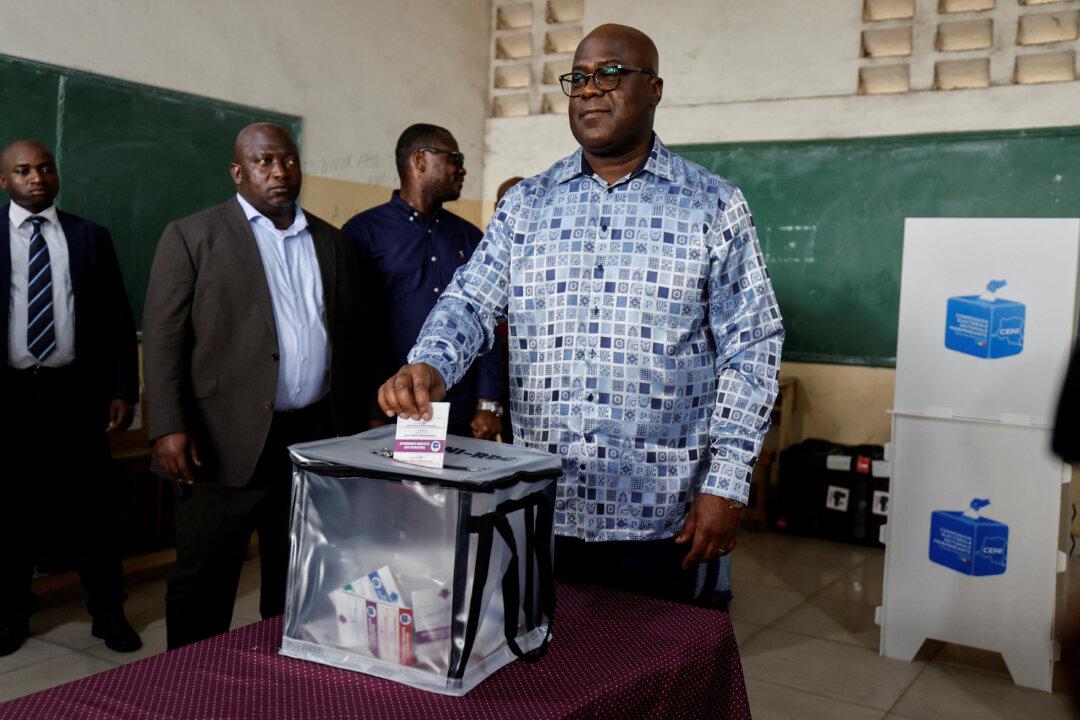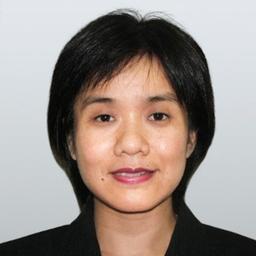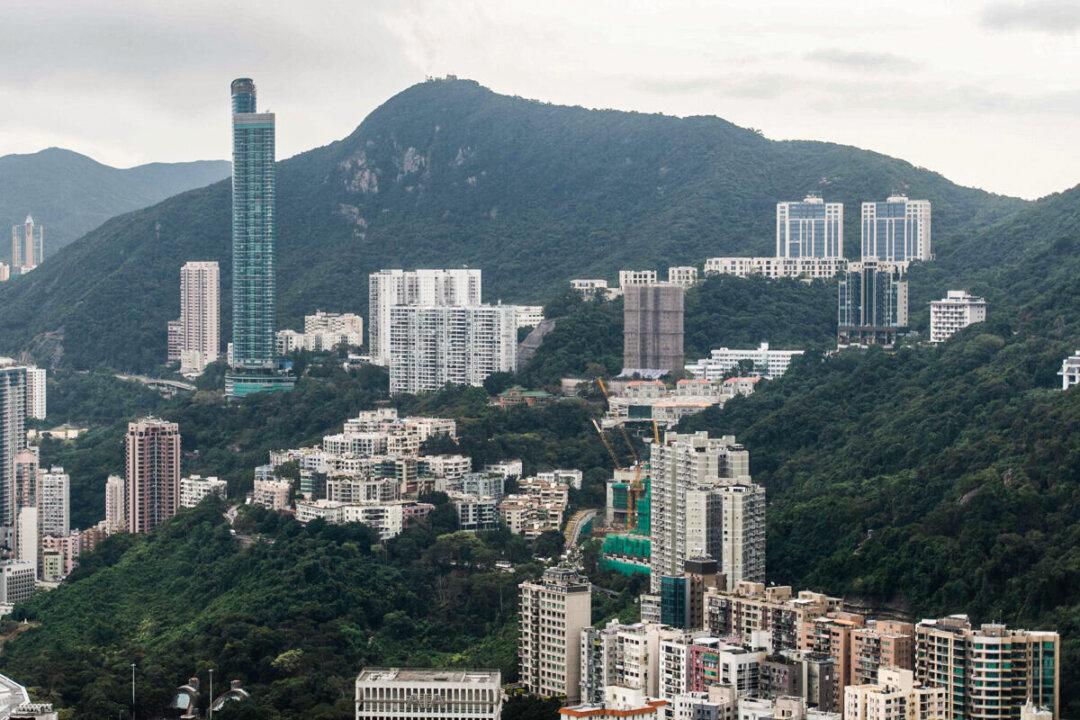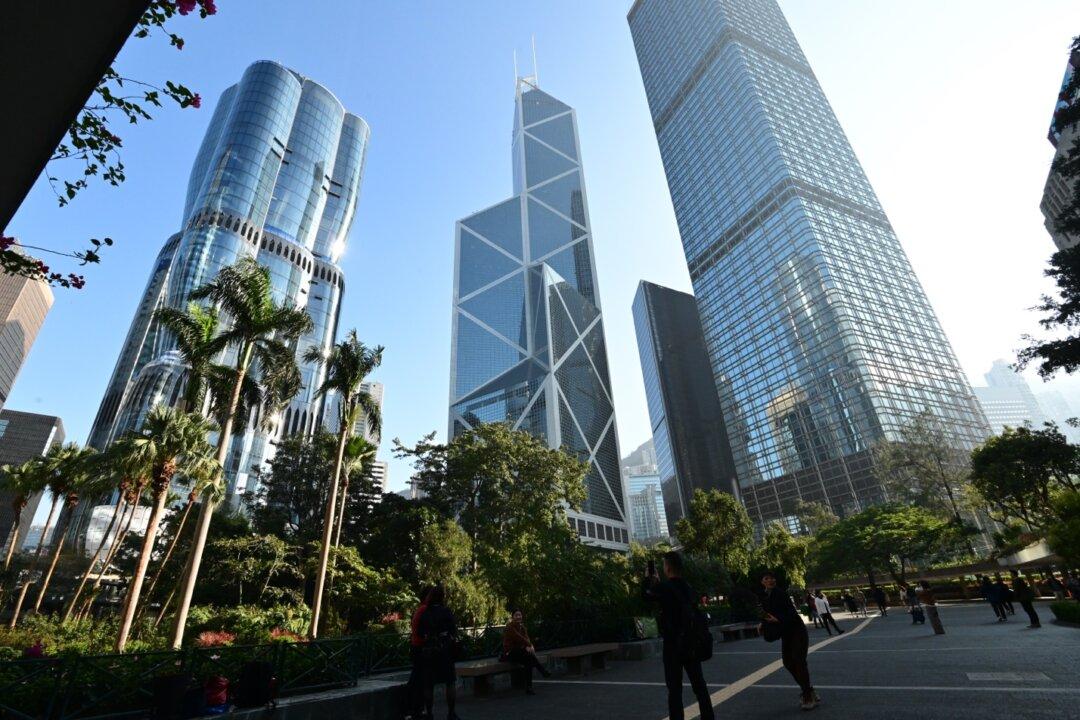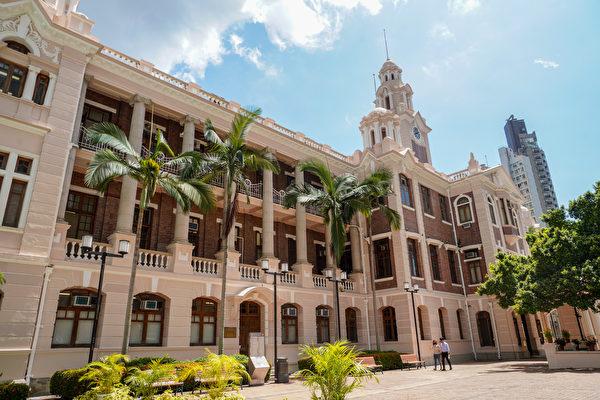The Democratic Republic of the Congo (DRC) is currently still counting votes from its presidential election held Dec 20-21, but incumbent leader Félix Tshisekedi appears to be the winner, with the country’s electoral commission on Dec. 25, saying he has won over 80 percent of the vote so far.
The election is significant not only for DRC citizens, eager for governmental solutions to economic and social challenges but also for the Chinese Communist Party (CCP), whose interest lies in securing the central African nation’s vast mineral resources and ensuring the smooth progression of its “Belt and Road” initiative.
